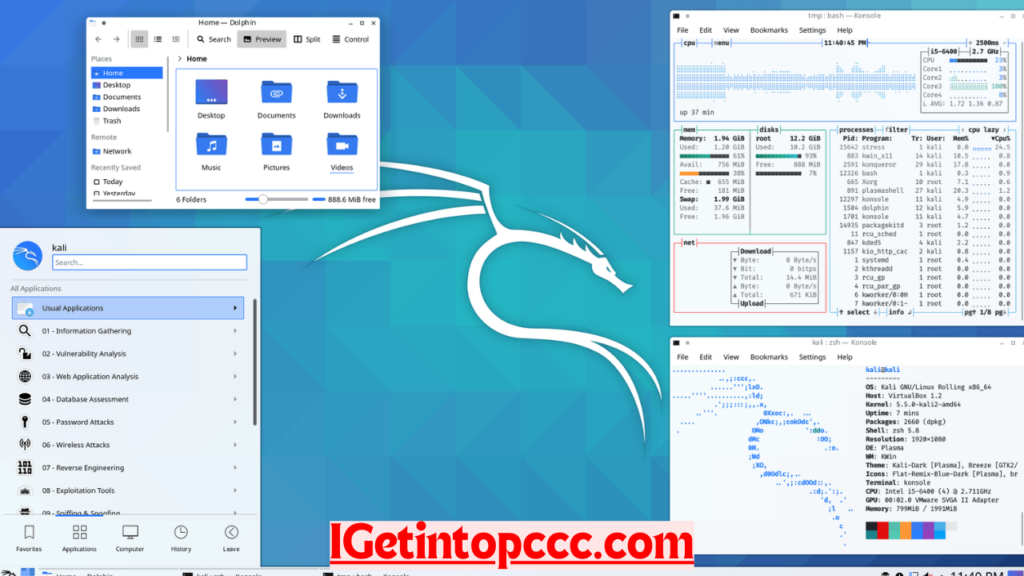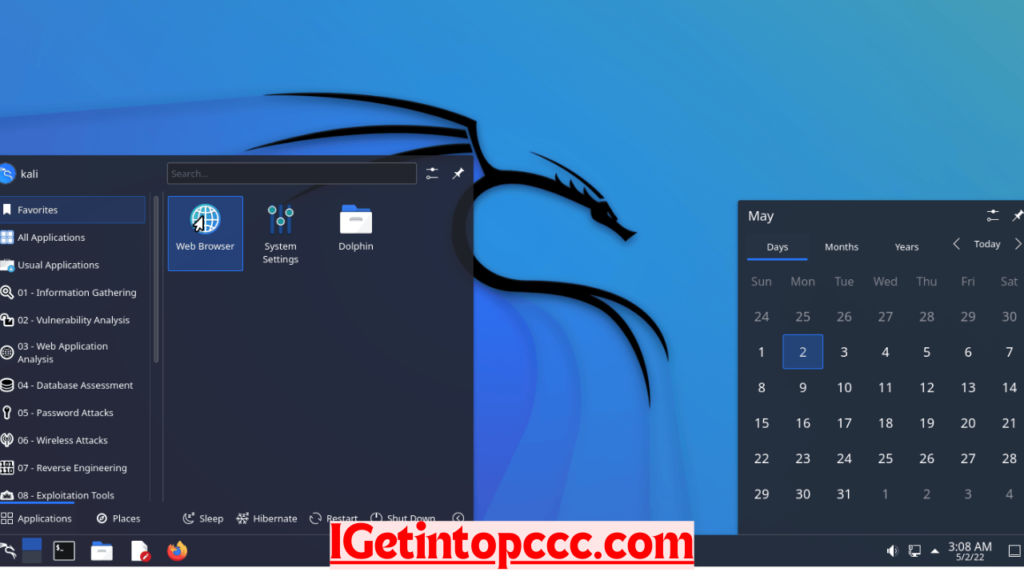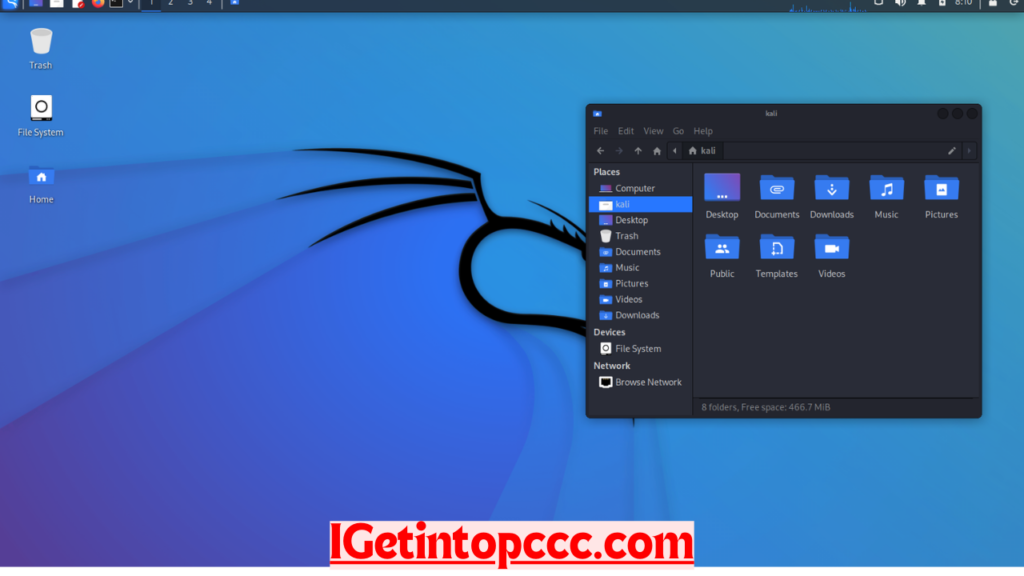Kali linux software download
Kali Linux is an advanced, Debian-based Linux distribution designed for penetration testing, security auditing, and digital forensics.
Overview of Kali Linux

It is widely used by cybersecurity professionals and ethical hackers to conduct security assessments on computer systems and networks. What sets Kali Linux apart is its extensive collection of pre-installed tools and utilities that facilitate various testing methodologies, including web application testing, vulnerability analysis, and wireless network testing. With its user-friendly interface and robust capabilities, Kali Linux has become a staple in the cybersecurity community.
The core features of Kali Linux include its open-source nature, allowing users to modify and customize the software according to their needs. It supports a wide range of hardware, making it versatile for both personal and professional use. Additionally, Kali Linux is regularly updated with the latest security patches and tools, ensuring that users have access to the most effective resources for their testing needs. This continuous improvement is a key factor in its popularity among security experts.


Features of Kali Linux
Kali Linux comes equipped with numerous features that enhance its usability and effectiveness in security testing. Here are some of the main features:
- Extensive Tool Suite: Kali Linux includes over 600 pre-installed tools tailored for various information security tasks, including penetration testing, security research, and reverse engineering.
- Customizable Interface: Users can customize the desktop environment to suit their preferences, enhancing their workflow and productivity.
- Multi-Language Support: The interface supports multiple languages, making it accessible to users worldwide.
- Live USB/CD Functionality: Kali can be run from a USB drive or CD without installation, allowing for testing on various machines without altering the host system.
These features make Kali Linux an invaluable tool for cybersecurity professionals, enabling them to conduct thorough assessments and ensure system security effectively.

Technical Specifications of This Release
- Version: 2023.3
- Interface Language: English (supports multiple languages)
- Audio Language: English
- Uploader / Repacker Group: Offensive Security
- File Name: kali-linux-2023.3-installer.iso
- Download Size: Approximately 3.5 GB
System Requirements
For optimal performance, ensure your system meets the following requirements:
- CPU: 64-bit processor
- RAM: Minimum 2 GB (4 GB recommended)
- Disk Space: At least 20 GB of free space
- Graphics: Any modern graphics card
- Network: Internet connection for updates and tool downloads

How to Download and Install Kali Linux
Downloading and installing Kali Linux is a straightforward process. Follow these steps:
- Download the ISO File: Visit the official Kali Linux website to download the latest ISO file.
- Create a Bootable USB Drive: Use software like Rufus or Etcher to create a bootable USB from the downloaded ISO file.
- Boot from the USB Drive: Restart your computer and enter the BIOS settings to set the USB drive as the primary boot device.
- Install Kali Linux: Follow the on-screen instructions to install Kali Linux. Choose your preferred installation method (graphical or text-based), and configure your settings.
- Complete the Setup: Once the installation is complete, reboot your system and remove the USB drive.
How to Use Kali Linux
Using Kali Linux effectively involves a few key steps:
- Familiarize Yourself with the Interface: Explore the desktop environment and locate the tools you need.
- Update Your System: Regularly update the system and installed tools using the command:Copy
sudo apt update && sudo apt upgrade - Launch Tools: Access the tools from the applications menu. Each tool has documentation available to help you navigate its features.
- Follow Best Practices: Always use Kali Linux in a legal and ethical manner. Ensure you have explicit permission before testing any systems.
Troubleshooting Common Issues
While using Kali Linux, you may encounter some common issues:
- Boot Issues: Ensure the USB drive is correctly created and the BIOS settings are configured for USB booting.
- Software Installation Problems: Use the terminal to troubleshoot installation issues by checking dependencies and error messages.
- Network Connectivity: If you face network issues, verify your network settings and drivers.
Conclusion
Kali Linux is a powerful tool for anyone interested in cybersecurity. Its extensive features and tools make it suitable for both beginners and experienced professionals. For more detailed information on Kali Linux and other software, you can visit the following resources:
These websites offer unique insights and resources that can help you further explore the capabilities of Kali Linux and other software options.

Leave a Reply